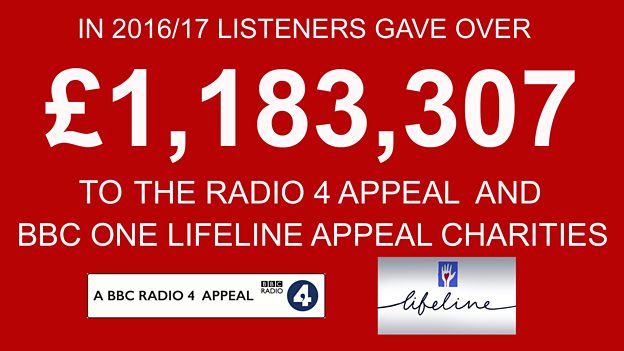Dr. Suzanne Franks recently published an article titled ‘Please send us your money’: the BBC’s evolving relationship with charitable causes, fundraising and humanitarian appeals on the Historical Journal of Film, Radio and Television.

By Carolina Are
Professor Franks’ paper covers the BBC and the various ways it has spread the news about charitable appeals since its earliest days. Starting with the BBC’s first-ever radio appeal, which aired only months after radio broadcasting began in the United Kingdom on 17 February 1923, this research details how the Corporation played a key role in humanitarian appeals in Britain. However over the years the emergence of new players such as NGOs and technological advancements caused the BBC to re-consider and re-evaluate its fundraising strategy.
Covering the role played by the Disasters Emergency Committee (DEC), the organisation established in the 1960s to create a point of contact between broadcasters and international aid charities, and the transition from radio-only to TV appeals, the paper shows how the BBC had to adjust its process of negotiating with good causes and audiences as new fundraising techniques began to gain following.
The paper also examines how the 1980s were a watershed moment for the BBC’s role in humanitarian aid, with a DEC Emergency appeal on the Ethiopia famine in July 1984 raising £9m over three months. The appeal, followed by a BBC TV news report in October, inspired Bob Geldof to found Band Aid, introducing new and innovative concepts to start fundraising campaigns through pop music.
After the unprecedented success of Band Aid and its Live Aid telethon and with the shift in broadcasting techniques, the BBC became the subject of further debates as it had to make sure that the outcomes of its appeals were consistent with its purpose as a public service broadcaster, funded by license fee payers.
These are only but a few of the examples quoted in Dr. Suzanne Franks’ paper on the BBC and fundraising. You can read more through Taylor and Francis online here.




